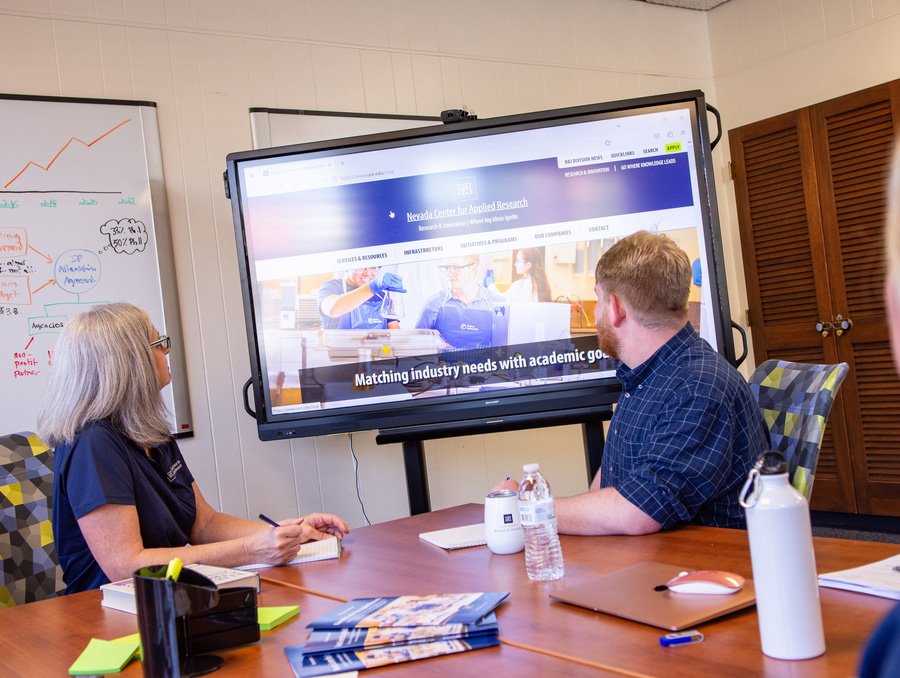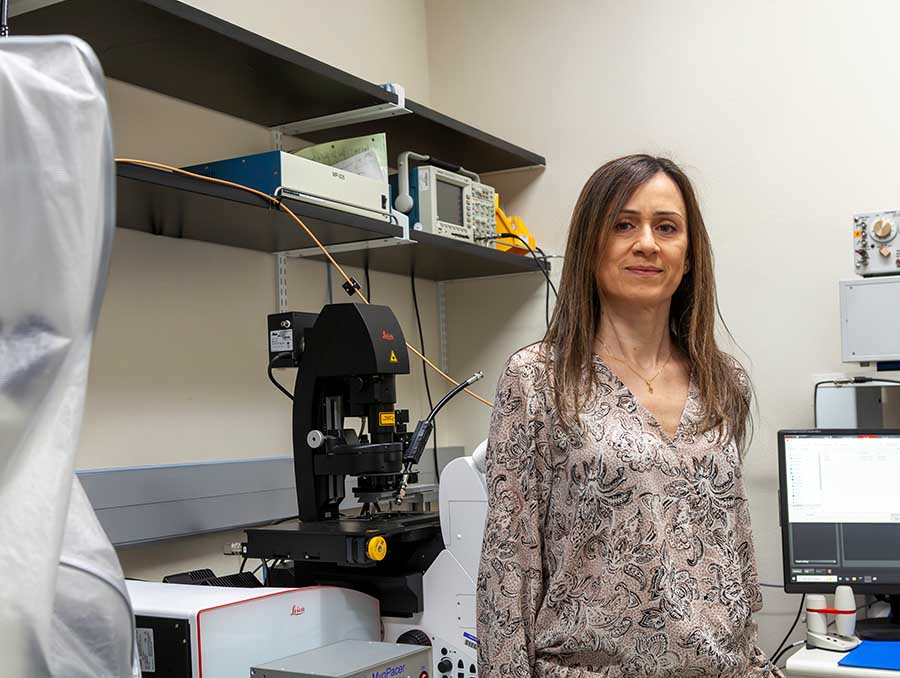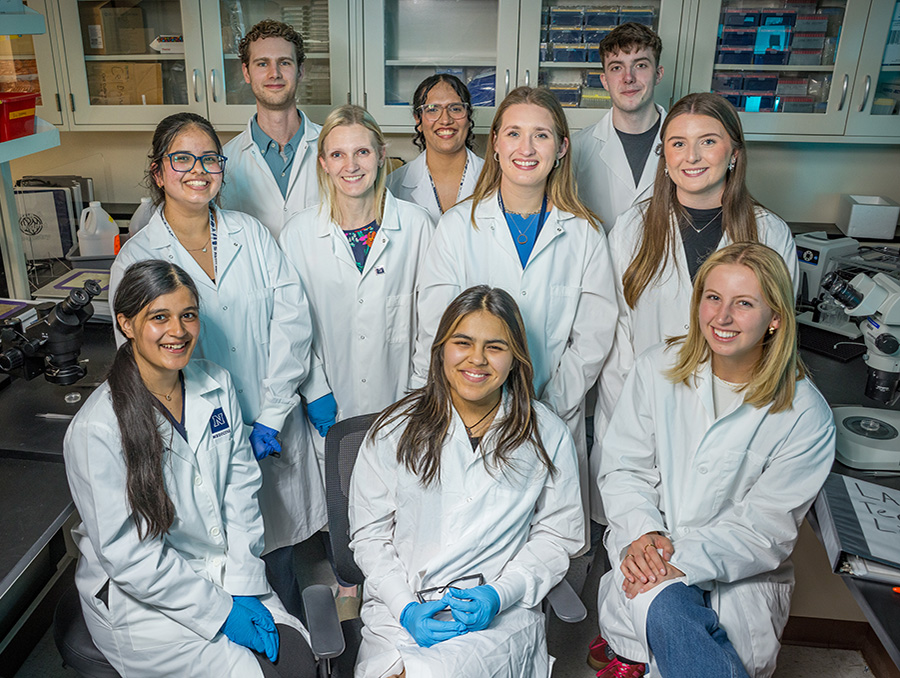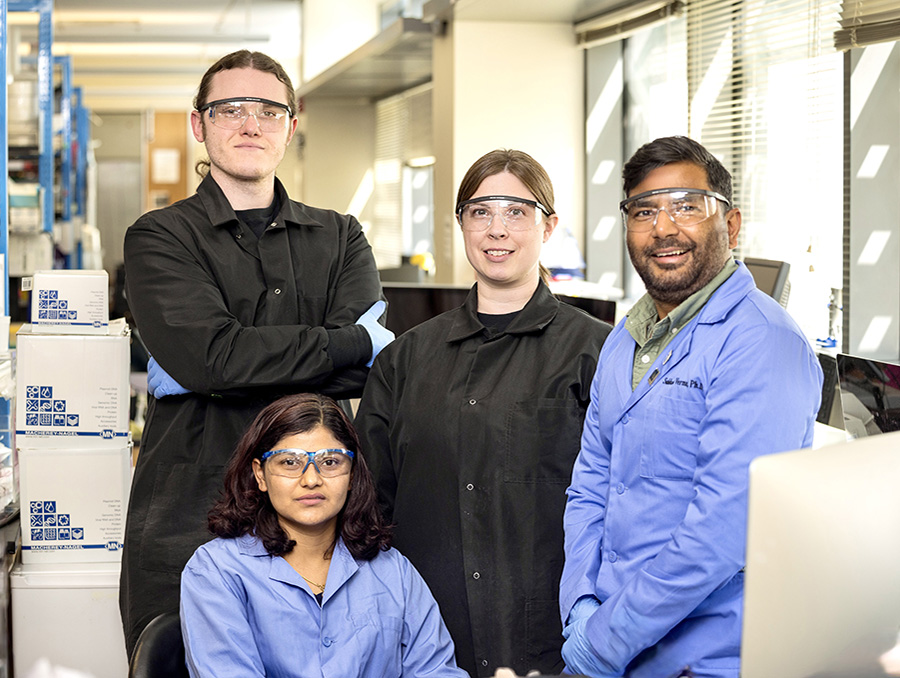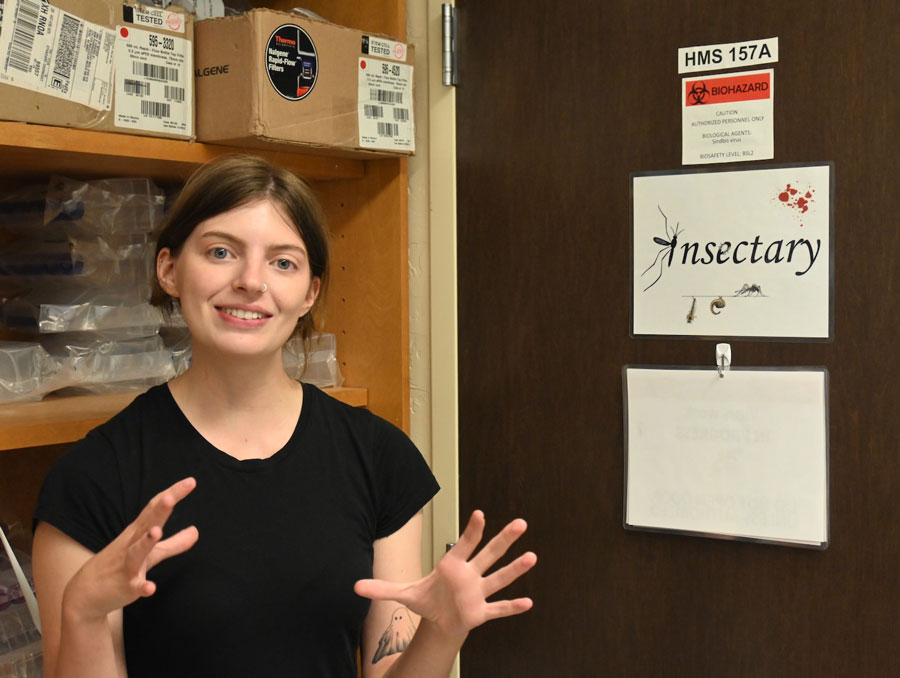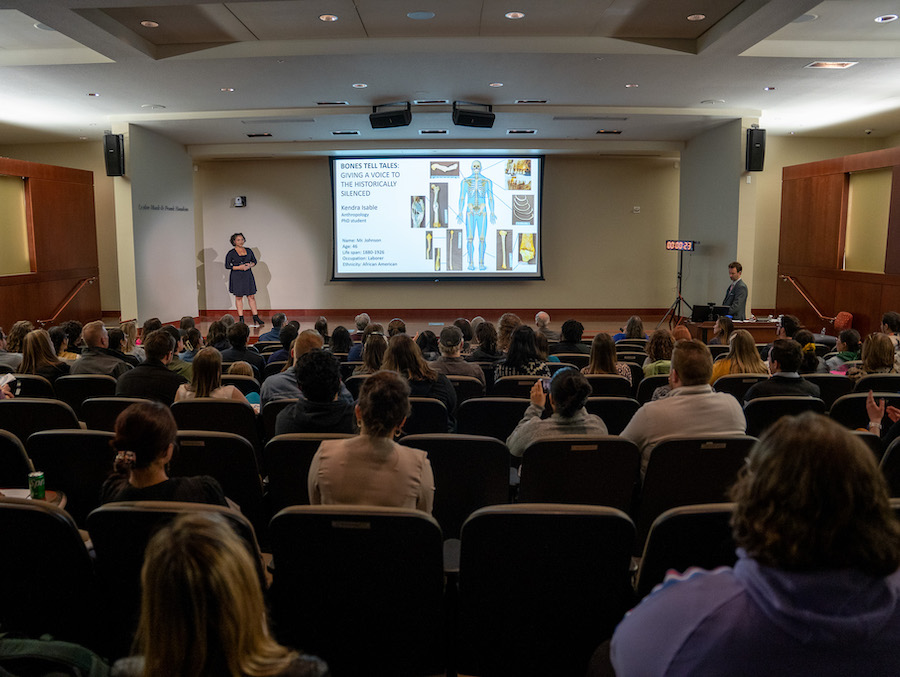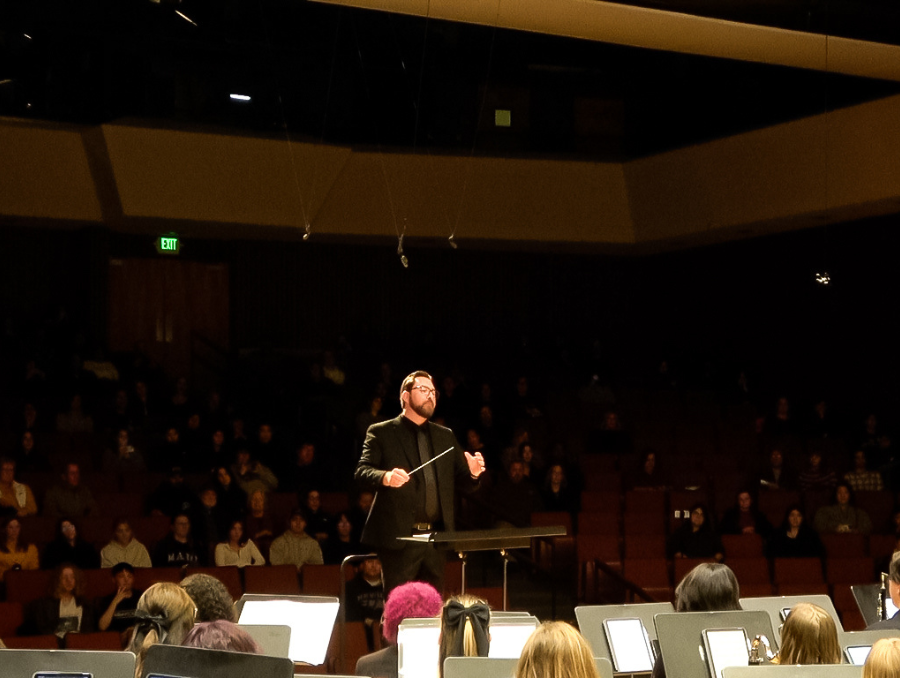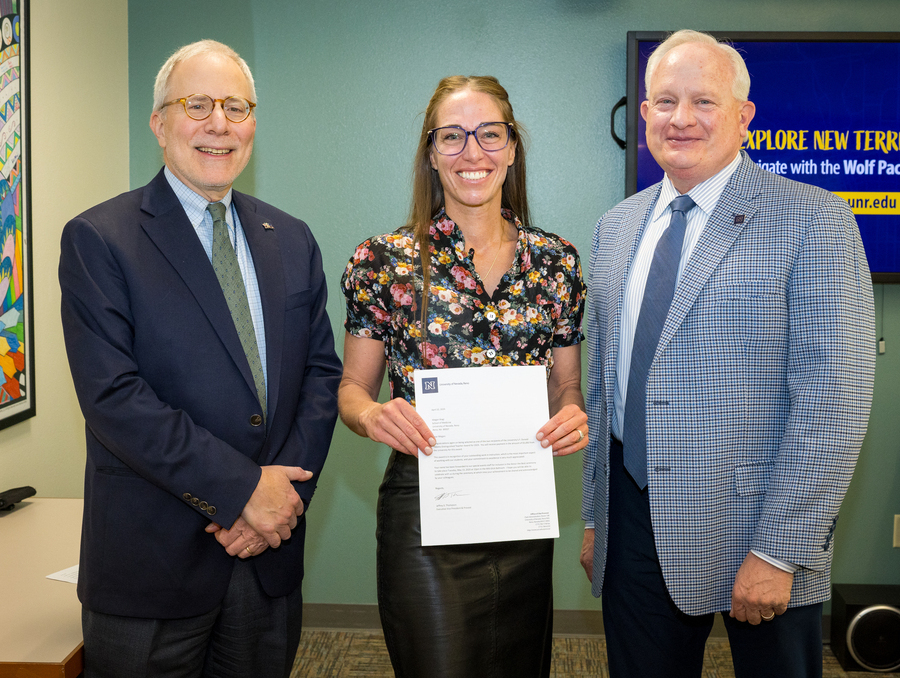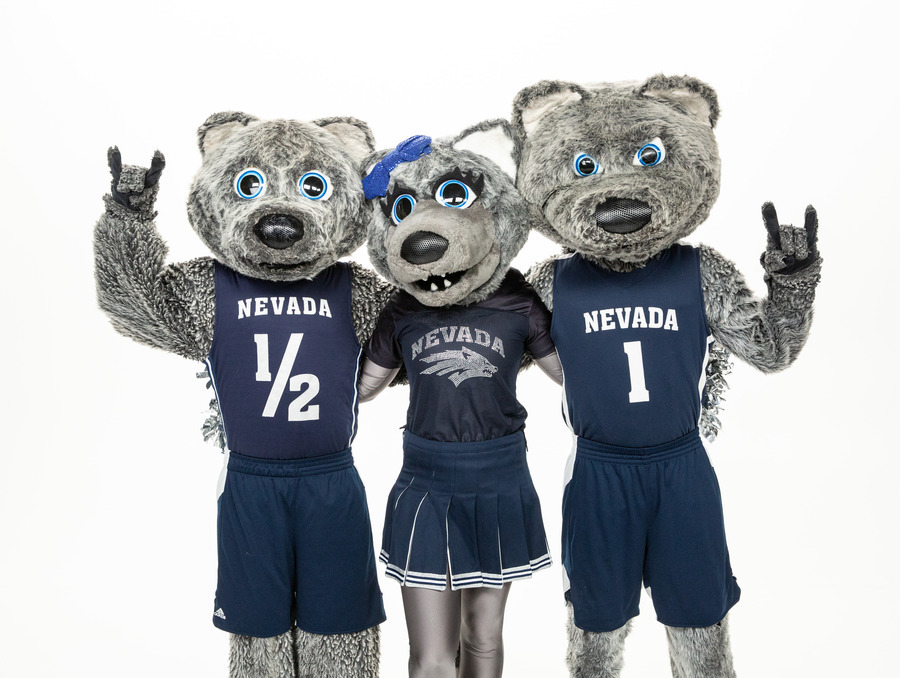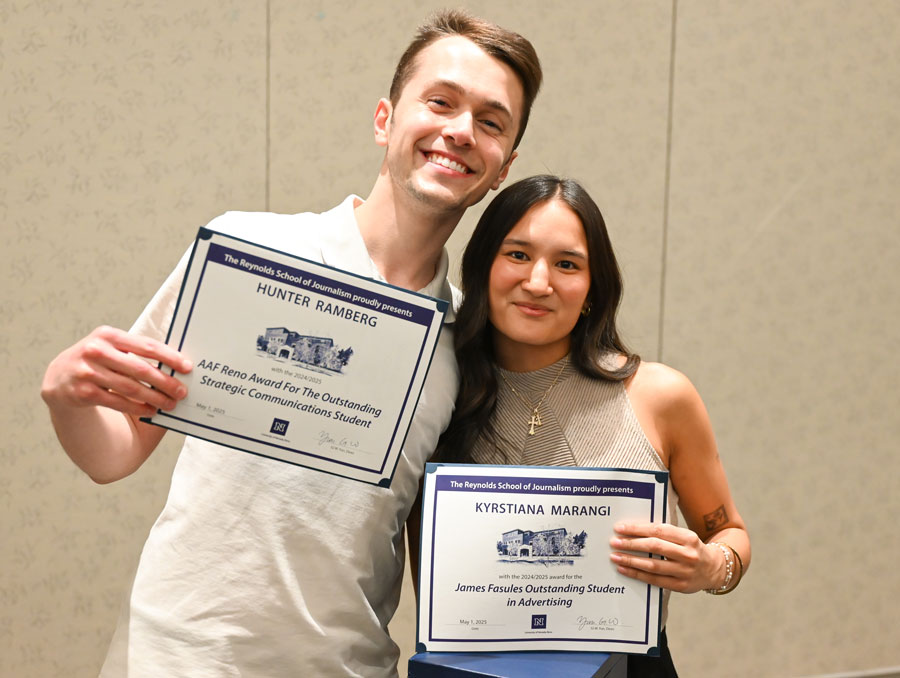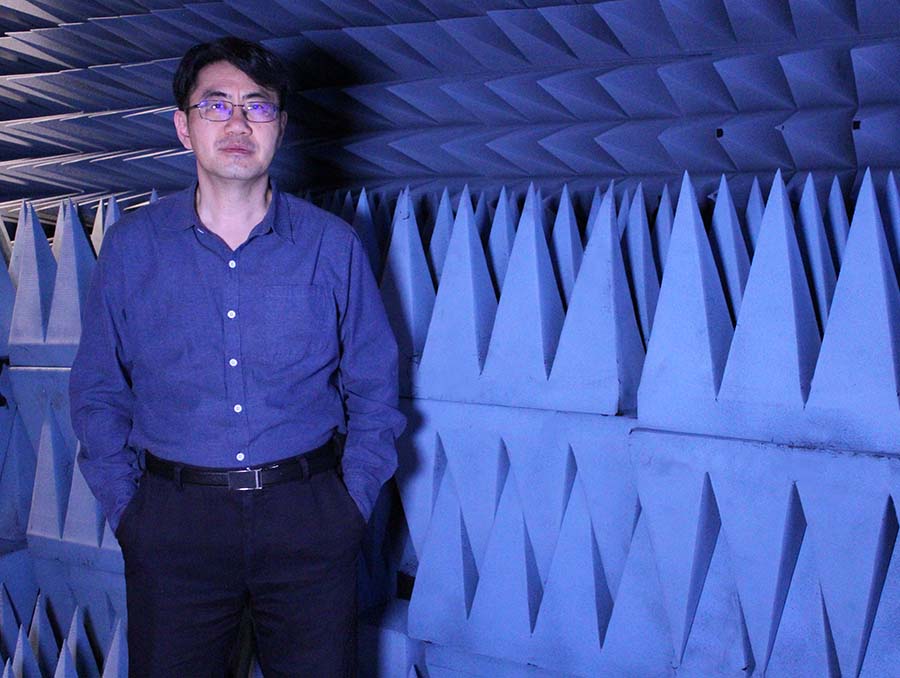Founded in June 2021, start-up company Atlas Magnetics went to the Nevada Center for Applied Research (NCAR), in the Applied Research Facility (ARF) at the University of Nevada, Reno, in hopes of advancing its products involving modern electronics by providing integrated circuit (IC) solutions that are thinner and higher performance than ever before in power delivery and high-speed communications.
“Atlas Magnetics came to us looking for a specialized lab to develop their products,” Carlos Cardillo, executive director of corporate partnerships and director of the Nevada Center for Applied Research, said. “They are on target to become an international leader introducing advanced metamaterials onto integrated circuits, blurring the line between the silicon wafer and its advanced organic substrate packaging.”
John McDonald, CEO at Atlas Magnetics, said that the University of Nevada, Reno has multiple resources available, such as an “excellent lab infrastructure,” lab permits, lab training for newer employees and lab supply contracts. Once the company reached a point where they needed a bigger lab, NCAR quickly accommodated them with a larger space.
“With NCAR’s support, more time can be spent on actual research and less on the required overhead,” McDonald said. “NCAR also has access to equipment such as SEMs (scanning electron microscopes) that are expensive to purchase but more importantly, time-consuming to maintain. NCAR also introduced our company to local talent in other NCAR-affiliated companies, one of whom we contracted having expertise directly applicable to a problem we had encountered. Networking is key to any startup and much to our surprise, Nevada Senator (Catherine) Cortez Masto (D-NV) even stopped by, a visit arranged by NCAR.”
Atlas Magnetics, just two-and-a-half years old, creates the world’s highest-performance magnetics and copper on large-format organic substrates for semiconductor ICs. They prioritize making cost-effective and reliable ICs with advanced metamaterials, an important part of modern electronics. The company worked with University faculty and students, starting with four employees and no revenue. Now, they have 76 employees and are expecting to make $7.5M in revenue this year and $30M+ in 2025.

“This is yet another example of the University of Nevada, Reno’s impact on the region and the state,” Mridul Gautam, the University’s vice president for research and innovation, said. “Carlos and his team are doing such as great job at attracting and growing important companies that are developing meaningful technologies and creating a purpose-driven workforce.”
Atlas Magnetics ‘graduated’ and moved out of ARF in early March 2024, moving to a bigger facility to support its growth.
“There is one-part excitement as you might expect, as we are now fulfilling real shipments and purchase orders with Atlas Magnetics chips going into world-famous consumer products,” McDonald said. “However, another part of you is exhausted because of the long hours required, and worried about being profitable. Still, we feel on top of the world because our new technologies are making a difference and an impact and, with the Chips Act focused on bringing manufacturing back to the USA, our collaboration with UNR is not over, as expansion increasingly focuses on training and adding domestic research and manufacturing talent.”
Atlas Magnetics, Co. is moving to a Reno Industrial Area off Longley Lane. While at NCAR, a new location was opened in Milpitas, California, in the United States, as well as locations in Ukraine, Turkey, Armenia and Taiwan.
“A company can graduate out of our facilities because they are growing too fast and need a larger space to support their operations, are moving from prototyping to production, or both,” Cardillo said. “Companies leaving for these reasons represent a bitter-sweet situation for us but as they leave, new spaces become available for the next company to work with us on campus and hopefully, repeat this process.”
Since 2015, ARF has been home to many other startup companies providing lab and office spaces, equipment, and expertise. Over time, the University’s research enterprise – which involves NCAR and the Innevation Center – has engaged with nearly 500 companies. With the investment of $8.7 million in Knowledge Fund grants by the Nevada Governor’s Office of Economic Development, NCAR has had $319M+ in venture capital raised by affiliated companies, 803 jobs created by affiliated companies and 43 companies with University-based operations.
“Companies obtain a lot of support to help them grow, and they bring value to the University and the community by using our services, interacting with our faculty and hiring our students directly or through internship programs,” Cardillo said. “These activities are translated into economic growth for the region.”
If a startup company is interested in collaborating with the University, the first step is to contact NCAR to apprise the team of the type of resources and support they are looking for, such as labs, grants, access to equipment or other operational needs.
Some examples of current companies working with NCAR include American Battery Technology Company, a lithium-ion battery metal feedstock manufacturing company, and Ecoatoms, which is developing biological solutions for the aerospace industry.
Examples of alumni companies include Oyster Point, focusing on innovative eye care, and Khepra, which creates new opportunities in sustainable energy by converting waste into fuel.
